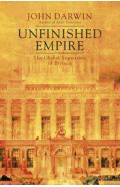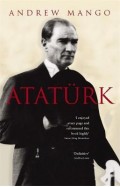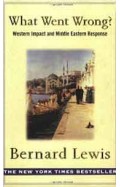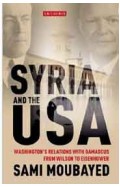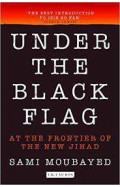- Home
- Books
- Categories
- Non Fiction
- History
- Middle Eastern
- Soldier Sahibs The Men Who Made the NorthWest Frontier
Soldier Sahibs The Men Who Made the NorthWest Frontier
By: Charles Allen
-
Rs 1,686.75
- Rs 2,595.00
- 35%
You save Rs 908.25.
Due to constant currency fluctuation, prices are subject to change with or without notice.
| Book | |
| What's in the Box? | 1 x Soldier Sahibs The Men Who Made the NorthWest Frontier |
A Mountain In Tibet: The Search for Mount Kailas and the Sources of the Great Rivers of Asia
By: Charles Allen
Rs 711.75 Rs 1,095.00 Ex Tax :Rs 711.75
Soldier Sahibs The Men Who Made the NorthWest Frontier
By: Charles Allen
Rs 1,686.75 Rs 2,595.00 Ex Tax :Rs 1,686.75
Coromandel: A Personal History of South India Hardcover
By: Charles Allen
Rs 447.75 Rs 995.00 Ex Tax :Rs 447.75
Plain Tales From The Raj: Images of British India in the 20th Century
By: Charles Allen
Rs 1,556.75 Rs 2,395.00 Ex Tax :Rs 1,556.75
Zubin Mehta: A Musical Journey (An Authorized Biography)
By: VOID - Bakhtiar K. Dadabhoy
Rs 472.50 Rs 1,050.00 Ex Tax :Rs 472.50
The Story of the Jews: Finding the Words (1000 BCE – 1492)
By: Simon Schama
Rs 2,965.50 Rs 3,295.00 Ex Tax :Rs 2,965.50
Unfinished Empire The Global Expansion of Britain
By: John Darwin
Rs 1,556.75 Rs 2,395.00 Ex Tax :Rs 1,556.75
Inside Egypt The Road to Revolution in the Land of the Pharaohs
By: John R. Bradley
Rs 2,747.25 Rs 4,995.00 Ex Tax :Rs 2,747.25
What Went Wrong?: Western Impact and Middle Eastern Response
By: Bernard Lewis
Rs 1,556.75 Rs 2,395.00 Ex Tax :Rs 1,556.75
Syria and the USA: Washingtons Relations with Damascus from Wilson to Eisenhower
By: Sami Moubayed
Rs 832.50 Rs 1,850.00 Ex Tax :Rs 832.50
Soldier Sahibs The Men Who Made the NorthWest Frontier
By: Charles Allen
Rs 1,686.75 Rs 2,595.00 Ex Tax :Rs 1,686.75
Under the Black Flag At the Frontier of the New Jihad
By: Sami Moubayed
Rs 717.75 Rs 1,595.00 Ex Tax :Rs 717.75
Jezebel The Untold Story of the Bibles Harlot Queen
By: Lesley Hazleton
Rs 2,875.50 Rs 3,195.00 Ex Tax :Rs 2,875.50
Eat Your Heart Out: Who Really Decided What Ends Up On Your Plate
By: Felicity Lawrence
Rs 357.75 Rs 795.00 Ex Tax :Rs 357.75
The Story of the Jews: Finding the Words (1000 BCE – 1492)
By: Simon Schama
Rs 2,965.50 Rs 3,295.00 Ex Tax :Rs 2,965.50
Unfinished Empire The Global Expansion of Britain
By: John Darwin
Rs 1,556.75 Rs 2,395.00 Ex Tax :Rs 1,556.75
No recently viewed books available at the moment.
Zubin Mehta: A Musical Journey (An Authorized Biography)
By: VOID - Bakhtiar K. Dadabhoy
Rs 472.50 Rs 1,050.00 Ex Tax :Rs 472.50
A Mountain In Tibet: The Search for Mount Kailas and the Sources of the Great Rivers of Asia
By: Charles Allen
Rs 711.75 Rs 1,095.00 Ex Tax :Rs 711.75
Soldier Sahibs The Men Who Made the NorthWest Frontier
By: Charles Allen
Rs 1,686.75 Rs 2,595.00 Ex Tax :Rs 1,686.75
Coromandel: A Personal History of South India Hardcover
By: Charles Allen
Rs 447.75 Rs 995.00 Ex Tax :Rs 447.75
Plain Tales From The Raj: Images of British India in the 20th Century
By: Charles Allen
Rs 1,556.75 Rs 2,395.00 Ex Tax :Rs 1,556.75
The Story of the Jews: Finding the Words (1000 BCE – 1492)
By: Simon Schama
Rs 2,965.50 Rs 3,295.00 Ex Tax :Rs 2,965.50
Unfinished Empire The Global Expansion of Britain
By: John Darwin
Rs 1,556.75 Rs 2,395.00 Ex Tax :Rs 1,556.75












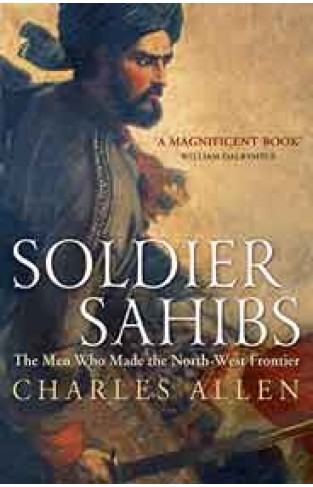
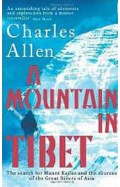
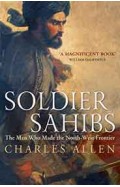
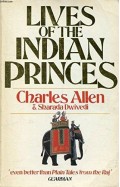

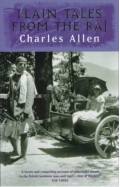
-120x187.jpg?q6)






